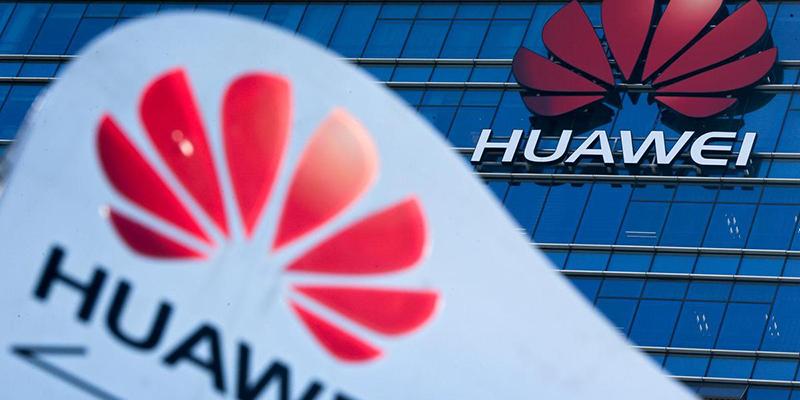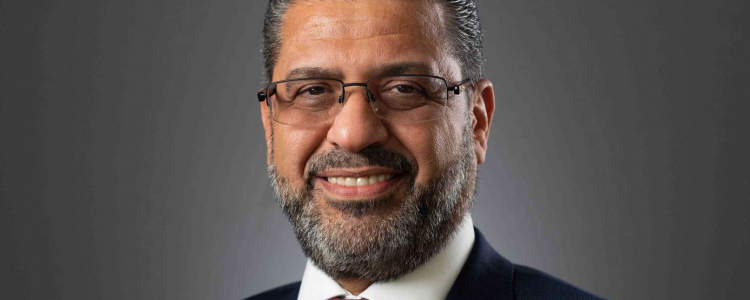
Huawei calls US move to blacklist more affiliates ‘unjust’ and ‘politically motivated’
The U.S. government’s decision to add more of Huawei’s affiliates to a blacklist is “unjust” and “politically motivated” and will not help the country advance its technological leadership, the Chinese telecommunications giant said in a statement.
U.S. Commerce Secretary Wilbur Ross announced Monday that it was extending by another 90 days a temporary reprieve for Huawei to continue doing business with American companies. The deadline had lapsed on Monday. However, the Bureau of Industry and Security (BIS) also added another 46 Huawei affiliates onto the blacklist.
“These actions violate the basic principles of free market competition. They are in no one’s interests, including U.S. companies,” Huawei said in a statement on Tuesday.
In May, Huawei was put on the U.S. Entity List, which restricts American firms from doing business with the Chinese company. Shortly after, the government offered a 90-day reprieve for Huawei which allowed U.S. businesses to continue selling limited and specific products to them.
“As we continue to urge consumers to transition away from Huawei’s products, we recognize that more time is necessary to prevent any disruption,” Ross said in a statement.
Ross reiterated his concern that Huawei poses a national security threat. The U.S. has maintained that Huawei’s equipment could be used as a backdoor by the Chinese government to spy on Americans, allegations the company has repeatedly denied.
Huawei on Tuesday called Washington’s decision to add more of its affiliates to the Entity List “politically motivated.”
“Attempts to suppress Huawei’s business won’t help the United States achieve technological leadership,” Huawei said in a statement. “We call on the US government to put an end to this unjust treatment and remove Huawei from the Entity List.”
The company added that the decision “won’t have a substantial impact” on business. Huawei Chairman Liang Hua said that “neither production nor shipment has been interrupted, not for one single day.”
Still, earlier this year, Huawei slashed its revenue forecast, and predicted a $30 billion hit to its revenues over the next two years.
Huawei has been focusing on trying to develop more of the core technology which it currently relies on U.S. companies for. The telecom equipment maker is continuing to design its own processors and modems for smartphones.
It also recently released its own operating system called HarmonyOS, even though it currently uses Google’s Android for its smartphones and Microsoft’s Windows for laptops.
Richard Yu, the CEO of Huawei’s consumer business, said last week that if the company was permanently cut off from Google, it could switch to the new operating system “immediately.”
Huawei has been caught up in the broader U.S.-China trade war. President Donald Trump appears to have sent out mixed signals over the last few months about the fate of Huawei in the U.S.
In May, Trump said that it was “possible that Huawei would be included in a trade deal.”
But just this weekend, the U.S. president said he didn’t want to do business with Huawei “because it is a national security threat.”
Some experts have suggested that the Chinese tech firm is being used as a “bargaining chip” in the U.S.-China trade war.







